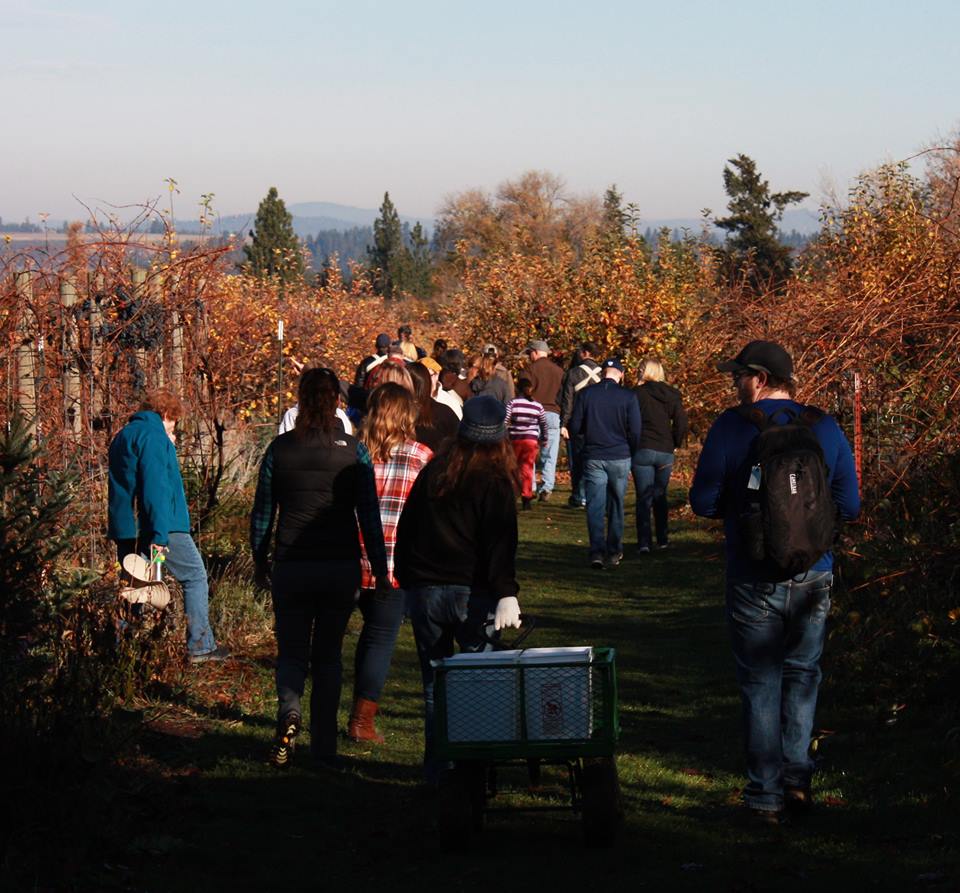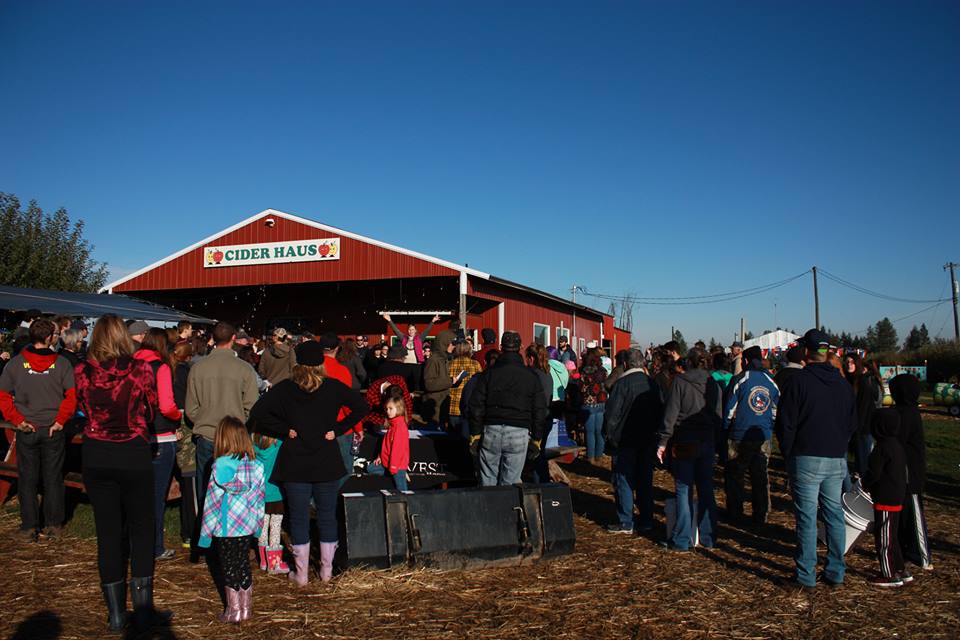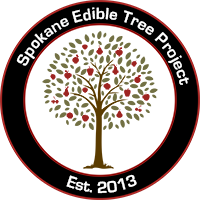
Orchards. Spokane County is lucky to have a network of about 30 fruit growers identified as the Green Bluff Growers. SETP has worked with about 8 of these orchards during the gleaning season, and hopes to work with many more as they become more visible within the community. In the past, Second Harvest Food Bank has worked with some Green Bluff Growers to host an end of season glean. This would typically happen in November or the end of October. Therefore, many orchards are familiar with the end of season glean, and know when it is coming. Once SETP was formed, this became a partnered event with SETP taking on more responsibility each year.
The end of season glean is planned by conducting outreach to every farm that lists apples as one of their primary sales items. A phone call and email goes out to the orchards, letting them know a potential date. The date typically falls on the first weekend in November, as all orchards participate in an apple festival every weekend in October. It is difficult to get orchards to commit early, as they often are not sure how much they will sell. Therefore, the HAH VISTA and Second Harvest Food Resource Developer went out to Green Bluff to meet the orchard owners and determine if they were interested in joining the end of season glean. It helps to develop relationships and put faces to names when working with the orchards, so the face to face meetings were a lot more successful than the emails and calls.
Once a few orchards were committed, both Second Harvest and Spokane Edible Tree Project went to work recruiting volunteers for the event. Typically about 50 volunteers are needed at each orchard so this requires a lot of volunteer recruitment. Various avenues were used such as Facebook, Volunteer Spokane, and contacting group/club leaders. Each year, Second Harvest is able to recruit over 100 Key Club members and their leaders. An email was also sent to the local Air Force Base, as there has been much success in recruiting volunteers from there. Other groups such as fraternities, college clubs, credit unions, banks, and fire departments also attended. Finding groups that can be put at the same orchard is very helpful as individuals enjoy volunteering with their friends.
In addition to volunteers, SETP secured a coffee and hot chocolate donation from a local coffee roaster, and Second Harvest secured a pastry donation from local grocery stores. This provided a hot beverage and snacks for the volunteers and was a small way of showing appreciation for their time commitment! In 2016, 22,549 lbs of apples were harvested at the event, which is more than half of SETP’s total pounds for 2016. This has a huge impact on the community, as it helps to reduce TONS of food waste, feeds many people just in time for the holiday, and provides a great volunteer opportunity for groups and individuals!
SETP also works with a couple of other orchards during other seasons such as cherry season, apricot season, and pear season. As mentioned previously, outreach is also conducted to all Green Bluff Growers in May/early June to let them know that SETP is a resource if they need help gleaning their orchards once U-pick is finished. Orchards contact SETP about 2 weeks before they would like them to come out and then recruiting is done through Facebook, the SETP website, and various group leaders that work with SETP.




